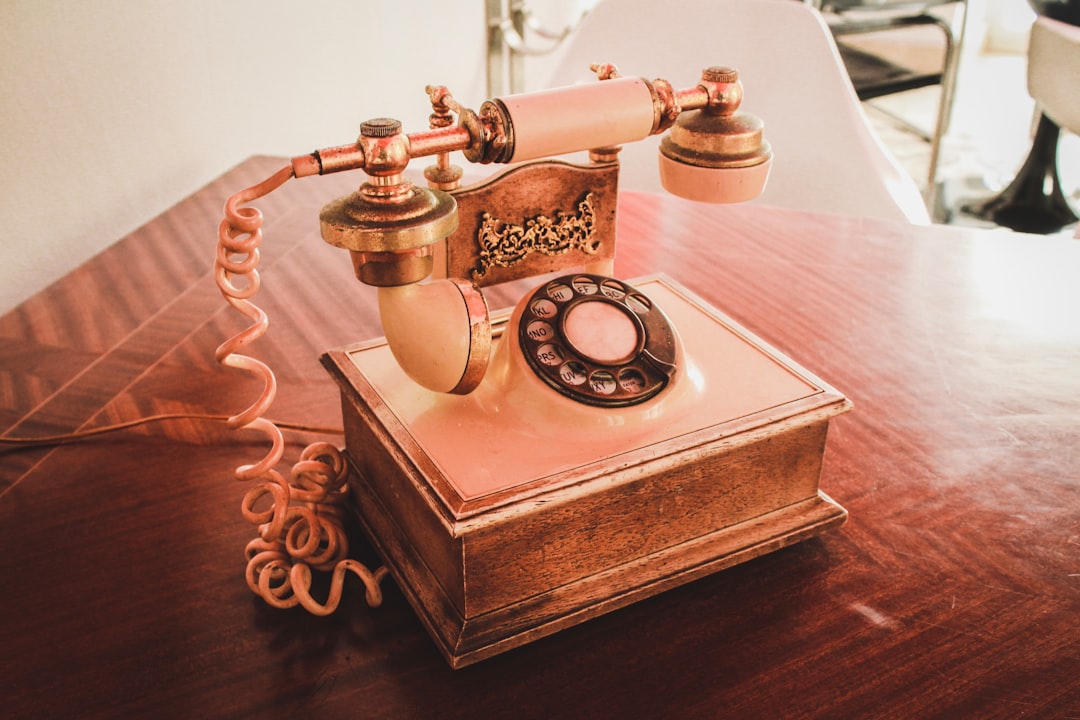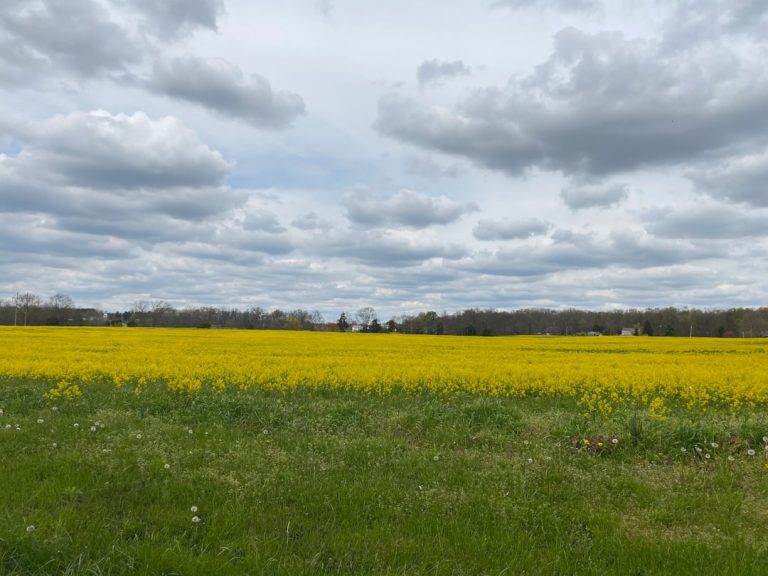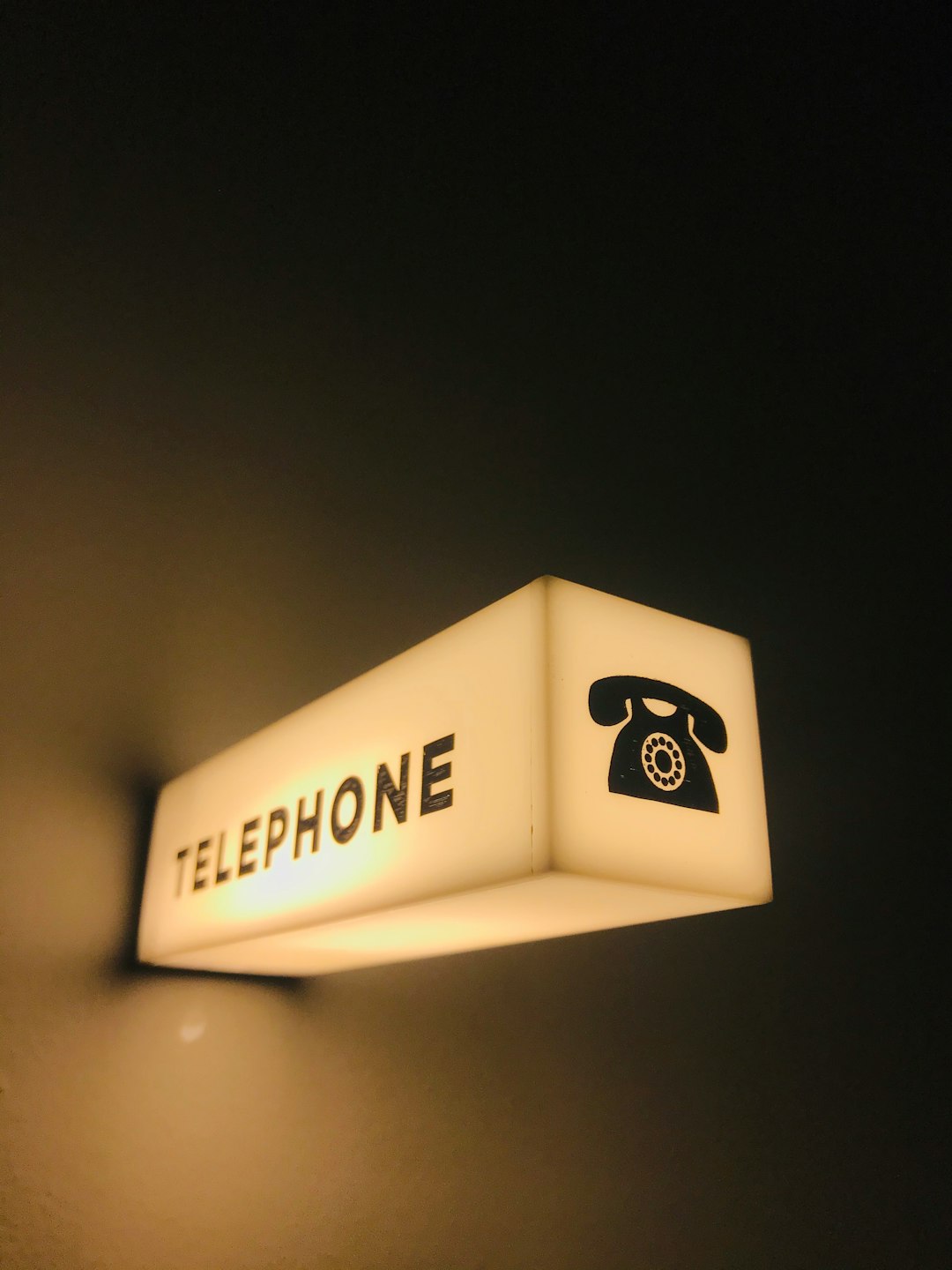Cumberland residents can combat spam calls through legal avenues like the Telephone Consumer Protection Act (TCPA) and community action. Organize bake sales to raise awareness, educate neighbors on blocking calls, and support local spam call law firms and lawyers for TCPA Maryland. Plan events with a dedicated committee, permits, informative displays, games, and legal guidance from specialists to ensure compliance and maximum impact. Track event metrics and community feedback to refine campaigns and influence anti-spam legislation in Maryland.
Cumberland residents can take a stand against relentless spam calls with creative community initiatives. This guide explores how organized bake sales can raise awareness and combat unwanted robocalls, while adhering to Maryland’s stringent TCPA laws. Learn effective strategies, from understanding anti-spam legislation to engaging neighbors and planning a successful event. Connect with top Maryland spam call lawyers for expert advice on legal compliance, ensuring your efforts make a lasting impact in stopping spam calls once and for all.
Understanding Spam Calls and Maryland's TCPA Laws

Spam calls are a persistent and annoying problem that many Cumberland residents face daily. These unsolicited phone calls from telemarketers, scammers, or automated systems can be frustrating and invasive. Maryland residents have rights when it comes to managing these unwanted calls, thanks to the Telephone Consumer Protection Act (TCPA). This federal law prohibits companies from making certain types of telephone solicitations without prior express consent.
Understanding the TCPA is essential for anyone looking to stop spam calls in Maryland. The law covers both live callers and automated systems, also known as robocalls. It gives consumers the right to file complaints against violators and seek legal action if necessary. A spam call law firm or lawyers specializing in TCPA cases in Maryland can guide residents through their rights and help them navigate any legal options available to stop these persistent calls. By familiarizing themselves with the TCPA, Cumberland residents can take proactive steps to reduce spam calls and enjoy a quieter, more peaceful communication environment.
The Role of Community Engagement in Combating Spam

In the battle against relentless spam calls, Cumberland residents have a powerful weapon at their disposal: community engagement. By organizing bake sales and similar events, neighbors can come together to raise awareness about the impact of spam calls and educate their community on available solutions. This collective effort not only fosters a sense of unity but also serves as an effective strategy to combat the nuisance.
Engaging the community is crucial in implementing successful anti-spam initiatives. By hosting bake sales, residents can fund efforts to support local Spam Call law firms Maryland and lawyers for TCPA Maryland, who are dedicated to fighting against illegal spam calls. These events also provide a platform to share information on how to stop spam calls Maryland and educate citizens about their rights under the Telephone Consumer Protection Act (TCPA). Through community engagement, Cumberland can become a safer, less cluttered environment, free from unwanted and nuisance calls.
Planning Your Bake Sale Event: A Step-by-Step Guide

Planning a bake sale event is a delicious way to raise awareness about spam calls in your community. Here’s a step-by-step guide to help Cumberland residents organize an effective and engaging event:
1. Form a Planning Committee: Gather like-minded individuals passionate about stopping spam calls. Assign roles such as logistics, marketing, and baking coordination to ensure every aspect of the bake sale is covered. Consider reaching out to local businesses or community groups for support and resources.
2. Choose a Date and Location: Select a weekend date when many residents are likely to be available. Public parks, community centers, or local schools offer suitable spaces for free or at a minimal cost. Ensure the location is easily accessible by foot or public transport for maximum participation. Promote your event through social media, flyers, and local newspapers, highlighting its purpose: raising awareness about spam calls using a fun, community-oriented approach.
3. Obtain Necessary Permits: Check with local authorities to ensure you comply with all regulations regarding food sales and public gatherings. Obtain any required permits or licenses well in advance of the event.
4. Set Up Tables and Display Bakes: Arrange tables for displaying baked goods, informational materials, and donation jars. Encourage participants to decorate their booths creatively, using themes related to spam calls or privacy awareness. This adds a visual appeal that attracts attention and aids in educating attendees about the issue.
5. Prepare Educational Materials: Distribute pamphlets or booklet explaining how to stop spam calls, the legal protections available under Maryland’s Telephone Consumer Protection Act (TCPA) laws, and contact information for local spam call law firms and lawyers specializing in TCPA cases. Provide a safe space where residents can share their experiences with unwanted calls and offer suggestions for effective countermeasures.
6. Organize Interactive Activities: Engage attendees through games or quizzes related to recognizing and blocking spam calls. Offer prizes for participants who correctly identify common spam call tactics, reinforcing the importance of staying informed and proactive in protecting against nuisance calls.
Legal Considerations: Working with a Maryland Spam Call Lawyer

When organizing a bake sale to raise awareness about spam calls in Cumberland, it’s essential to be mindful of legal aspects, especially with strict regulations surrounding unsolicited phone marketing. In Maryland, the Telephone Consumer Protection Act (TCPA) is a crucial law designed to protect consumers from excessive or harassing phone calls, including spam. Working alongside a reputable spam call lawyer or firm in Maryland can provide much-needed guidance and ensure your event complies with local laws. These legal professionals specialize in TCPA regulations and can offer advice on how to effectively tackle spam calls while maintaining the legality of your bake sale initiative.
Engaging their expertise is especially beneficial when dealing with potential issues like caller identification practices, do-not-call list compliance, and consent management. With their guidance, you can implement effective strategies to mitigate spam calls during the event and educate participants on how to protect themselves from such unwanted interactions in the future. This collaborative approach ensures your awareness campaign not only informs residents about how to stop spam calls Maryland but also operates within legal boundaries.
Post-Bake Sale: Tracking Success and Measuring Impact

After organizing a successful bake sale, it’s essential to assess its impact and track key metrics to understand the event’s overall effectiveness in raising awareness about spam calls. This involves collecting data on attendance, sales figures, and community engagement. By analyzing these numbers, residents can gauge the level of interest and support for anti-spam call initiatives in their area.
Additionally, follow-up surveys or feedback sessions with attendees can provide valuable insights into what aspects of the bake sale were most appealing and informative. This data is crucial for refining future awareness campaigns and tailoring them to better suit the specific needs and preferences of Cumberland residents. Moreover, sharing these findings with local spam call law firms in Maryland, like those specializing in TCPA cases, can help demonstrate community engagement and potentially influence legislation or advocacy efforts aimed at curbing spam calls.






